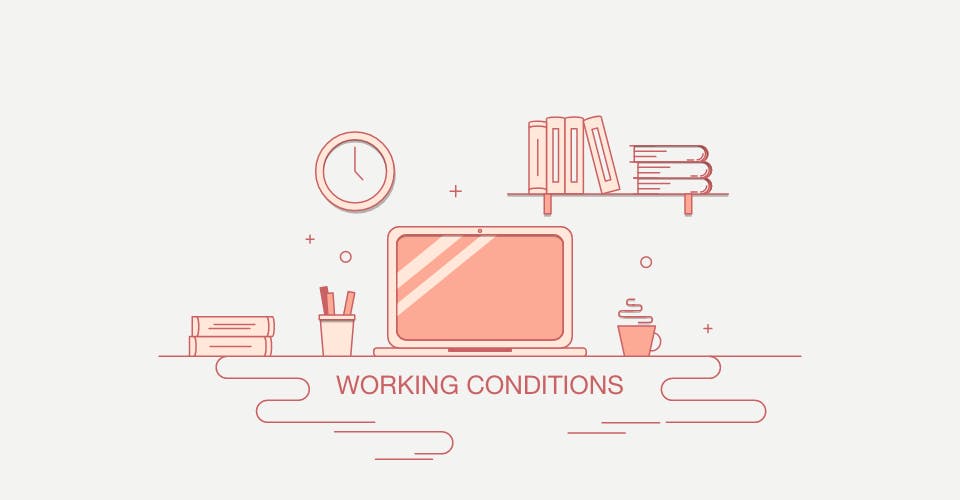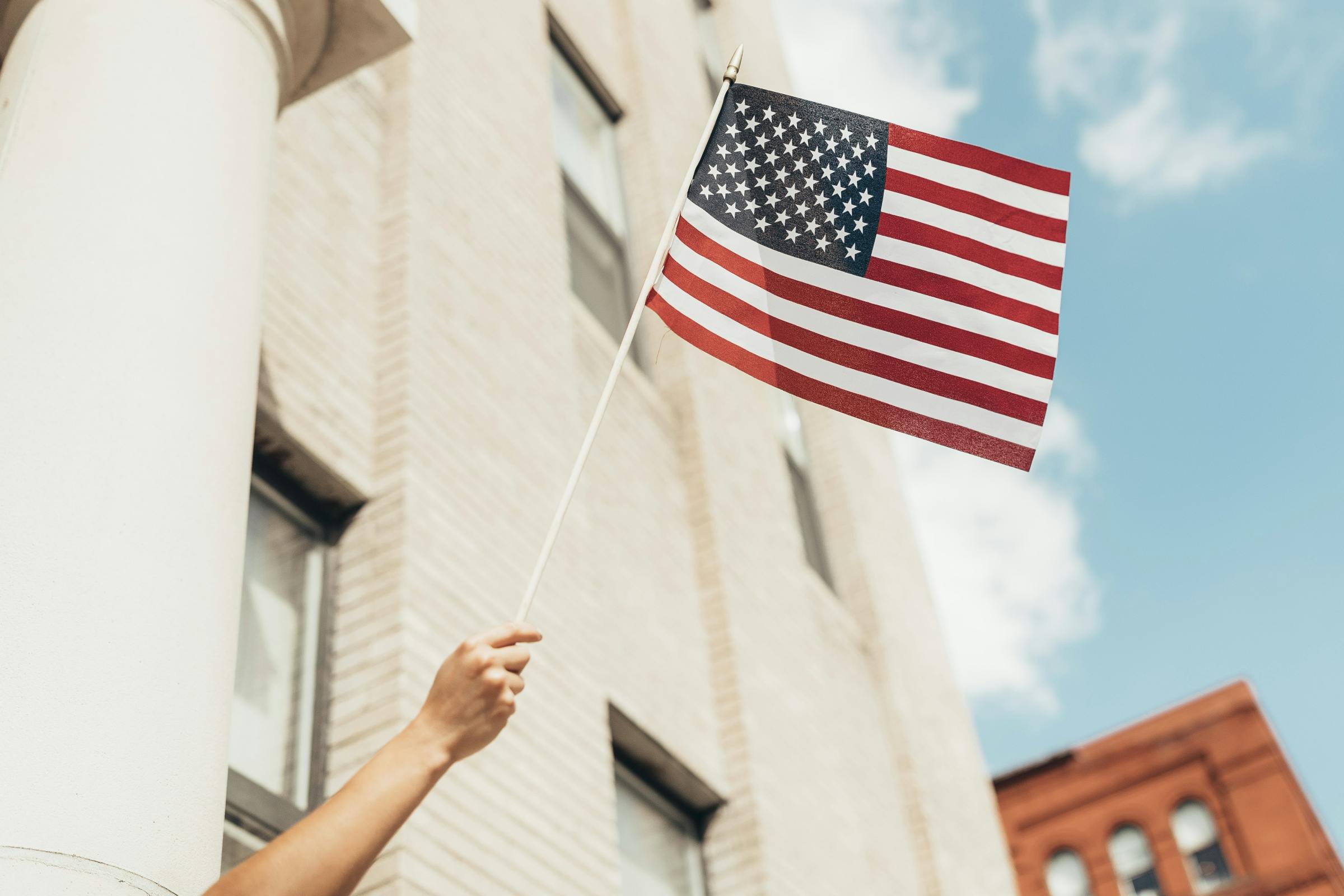Previously on the blog we have covered NIW applicants whose professional career has been mostly dedicated to the life sciences, or those who have been involved in certain types of research. Such professionals make their NIW application about a specific research technique or breakthrough that will benefit their entire field or advance the fields knowledge about a particular subject matter.
While these types of NIW applicants almost always help their field or specialization, their professionalism does less to actually help US working conditions, or the working conditions of everyday workers. Those interested in applying for the NIW should know that one of the conditions that can be satisfied in terms of having a proposed endeavor that is of substantial merit is called “helping the U.S. workforce or the improving the working conditions for U.S. workers”. This criteria is less talked about in immigration blogs, and generally applicants do not have a proposed endeavor that directly affects the U.S. worker or working conditions in the country (regardless of the industry).
This blog will be dedicated to better understanding this clause as part of the substantial merit criteria via a RAND corporation report that describes common issues with U.S. workers and what they report as problematic while on the job.
A Highlight of Common Workplace Issues
Using some data and takeaways from the RAND corporation will help us to better understand how an NIW applicant can satisfy the condition of improving conditions for U.S. workers. The RAND corporation is a research organization that develops solutions to public policy challenges to help make communities throughout the world safer and more secure. RAND has done extensive survey work with US populations.
Here are some of their findings from a 2017 survey that was conducted with researchers from RAND in addition to other scholars from the University of California, Los Angeles, and Harvard University. The results of the survey are part of a larger RAND project called the American Working Conditions Survey, which also published research findings in 2015. Here are some takeaways from their work:
- The workplace can be a place of hazard. Moving heavy loads, standing for more than 8 hours per shift, or being exposed to hazardous or unhealthy air conditions was the first issue area that RAND uncovered as part of their 2017 survey results. 26 percent of the survey sample noted that they handle chemical products or infectious materials while on the job.
- Hectic. Per the 2017 data that RAND compiled, they noted that 1 in 4 American workers do not have enough time to do their job, and that 50 percent of Americans work in their personal time to meet workplace demands.
These are common issues that have remained in the US working life since 2017 and have not gone away despite the pandemic. One can see how looking at common workplace issues also invites NIW applicants to come up with ways or new technologies that could improve the working conditions of U.S. workers. For example, an NIW applicant who is developing a technology or innovation that makes the workplace less hazardous could be seen as doing something that is of the national interest. Likewise, an NIW applicant who is developing a technology or software that helps workers manage their time better could also be seen as doing something that is of substantial merit per the Dhanasar criteria.
Overall, NIW applicants should be studying trends and analysis in the US economy to see which issues are the most pertinent per fiscal year. The last year has seen many completely new practices with telecommuting due to the coronavirus pandemic, so the workplace has definitely been affected by this issue disproportionately. NIW applicants who are unsure if their proposed endeavor will be convincing enough should perhaps backtrack and see if there are any connections between their work and/or publications and the conditions of US workers.
Link to RAND Survey Findings: https://www.rand.org/pubs/research_briefs/RB9972.html














